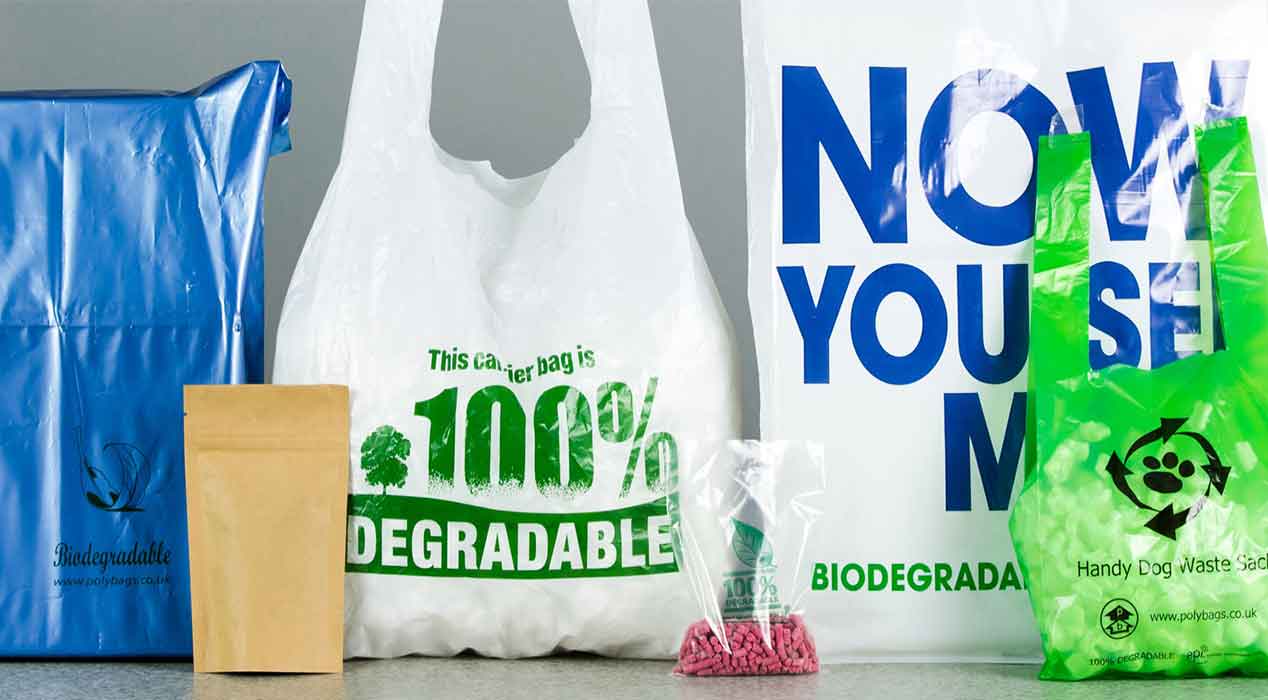Did you know there was more than 6.3 billion metric tons of global plastic waste in 2015? The number is expected to rise to 12 billion by 2050. Well, there is a lot of plastic waste around the world. This is because synthetic plastic is the third most common type of petroleum product. Technically, we consume around 200 million tons of plastic every year.
But did you also know synthetic plastic is non-biodegradable and can decompose for 100 years or more?
Bioplastics or bio-based plastics are the best way to protect the environment. It is the most effective way to address the problem that suffocates our planet. Stick along for an insight into everything you need to know about bioplastics.
What is Bioplastic?

It is an alternative to traditional plastic. There are two main types of plastics. You can either choose to go with synthetic or bioplastic. Synthetics are derived from petroleum (Crude oil). The downside with this option is that they contaminate and are non-biodegradable.
Conversely, bioplastics are derived from renewable products such as starch, carbohydrates, and vegetable fats. They are 100% degradable and safe for the environment. What’s more, bioplastics have similar properties as synthetic and can be processed in the same machines or warehoused in the same manner.
Bioplastics, Oxo-Plastics, Biodegradable, Bio-Based: Some Clarification
1. Biobased

Bio-based options refer to the renewable source used to manufacture a particular product. For instance, starch is used to produce lactic acid, which can be used to manufacture polylactic acid (PLA). Sugar cane can also be used to produce ethylene and polyethylene (PE). Biodegradable options are plastics that degrade under microbial or biological action. There are also biodegradable plastics that are compostable, which means they only degrade under certain conditions, such as anaerobic digestion compost sites.
2. Oxo-degradable
Now let's talk about oxo-degradable options. These are like the black sheep of the biodegradable world. They’re not either, but they can do something that others can’t: break down into smaller pieces or microplastics. The weird thing is that it needs oxygen and sunlight to do so and you won’t even be able to see these tiny fragments unless you have a microscope on you.
3. Bioplastic Bags
Probably, you’ve heard about biodegradable bags before, they’re just bags made from bioplastics. In case you didn’t know what they are, these are plastics made from natural resources, like plants.
We have two types of biodegradable bags: ones that can go into a compost and others that will break down anywhere they are. You typically see the former at the grocery store.
The second kind is made from natural fibers and biodegradable polymers. The fibers add strength, while the polymer helps it stay solid over time.
Plastic Bag Use-cases

Single-use
bio-plastic bags are great for errands like shopping or trash removal. They can even be used to clean up after your pet. And once you’re done with them, you can toss them in the regular garbage bin, and they’ll naturally break down over time.
If you need something more heavy-duty but still want to contribute to the environment, then compostable bio-plastic bags are your answer. Made with a stronger blend of biodegradable polymers and natural fibers, these are perfect for holding food waste or gardening.
Why We Should Switch

Less Waste: We all know how much plastic we use. Bioplastics don’t end up in landfills like traditional plastics do. It’s better for the environment as a whole because they can be recycled
Environmentally Friendly Awareness: Nowadays, people are worried about the materials they use and how it affects the environment. As a result, many supermarkets and stores have replaced synthetic plastic bags with bioplastics.
Bioplastic Bags for Soil: The great thing about bioplastic bags is that they can naturally break down. You can even plant flowers and plants directly in the soil with these bags, which will dissolve over time while enriching the soil.
As of today, most countries banned synthetic plastic bags altogether. And this change has skyrocketed the demand for eco-friendly options like bioplastics. Going green comes with a bundle of benefits. Not only does this help reduce your carbon footprint, but it also means you’re using renewable or biodegradable materials. This cuts our reliance on fossil fuels and helps stop our growing problem with plastic waste.
If you’d like to switch to biodegradable and compostable bioplastics, QQ Studio has you covered. They offer a range of custom-made bags perfect for everyday use. Just reach out to them via email or phone to start your eco-friendly journey. Cheers to a greener future!
